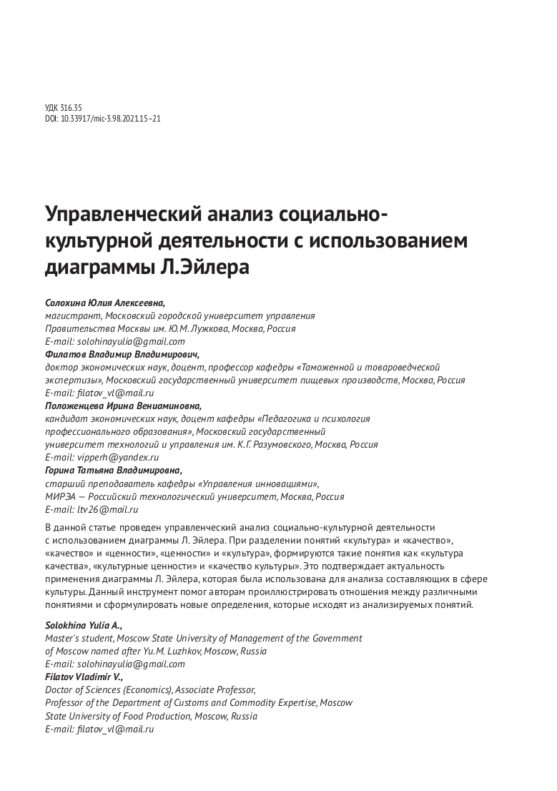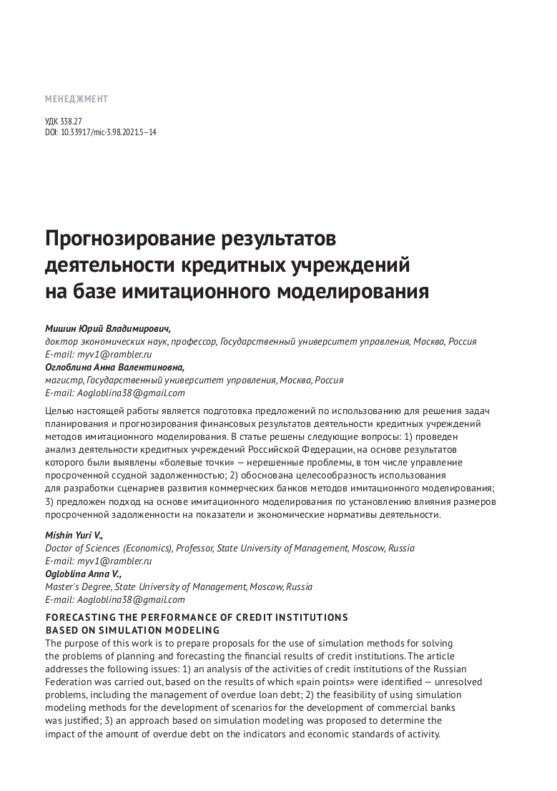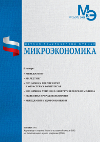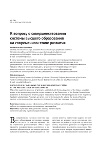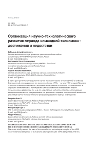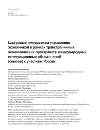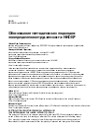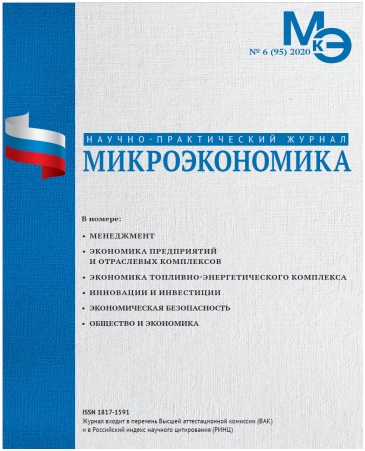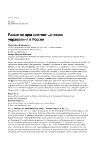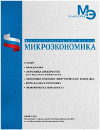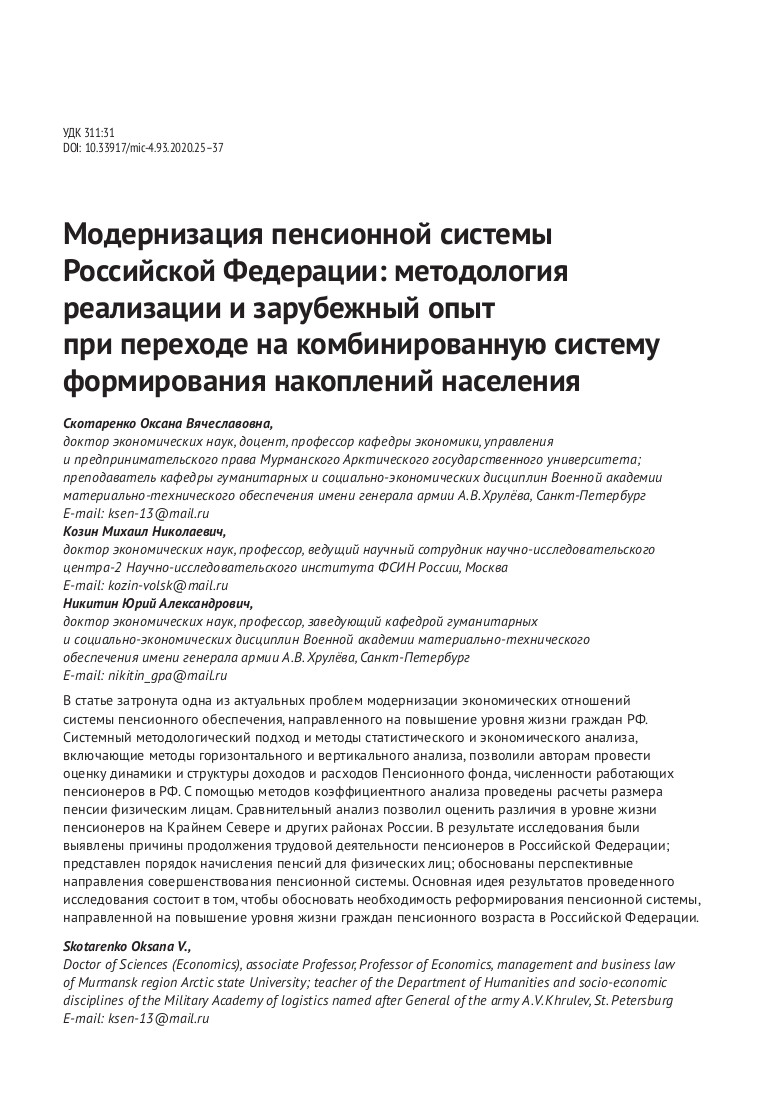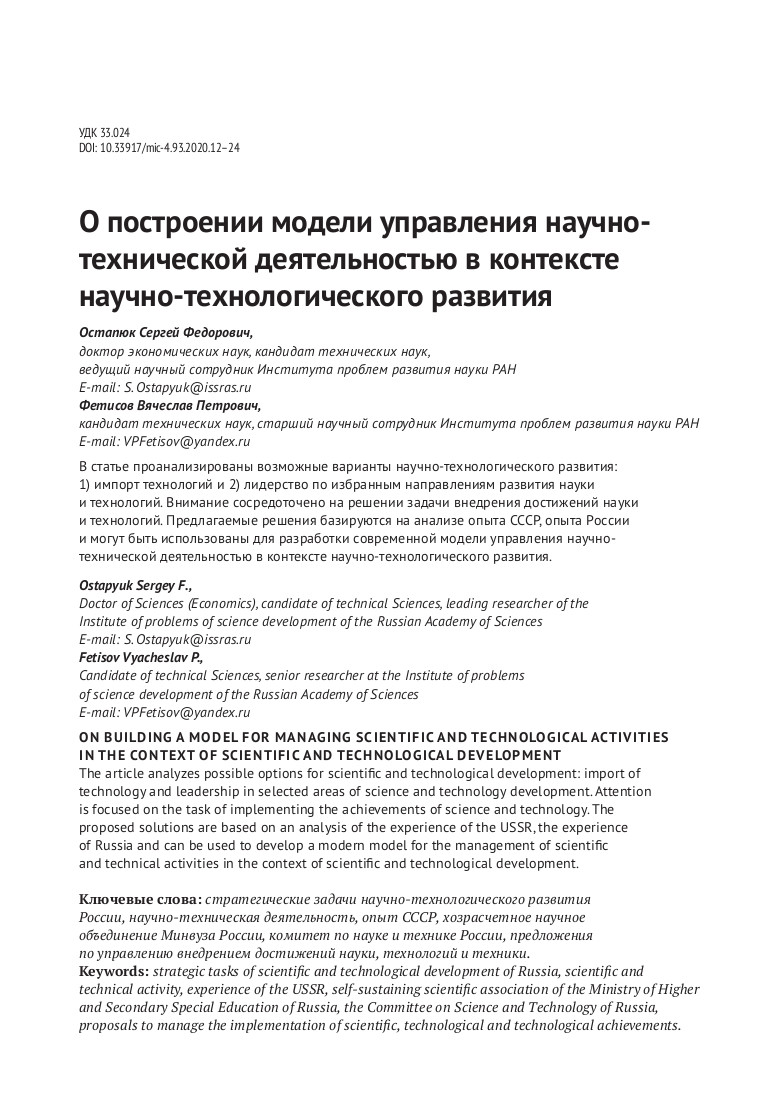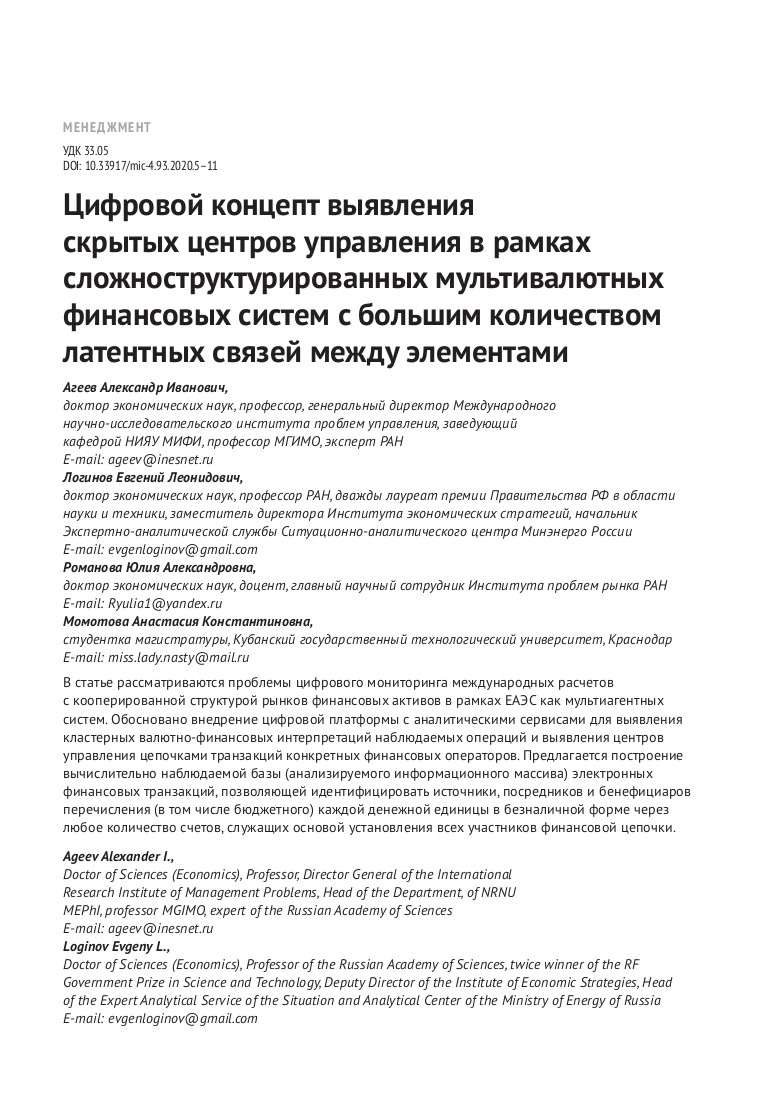Managerial analysis of socio-cultural activities using the L. Euler diagram
DOI: 10.33917/mic-3.98.2021.15-21
This article presents a managerial analysis of socio-cultural activities using the L. Euler diagram. When separating the concepts of «culture» and «quality», «quality» and «values», «values» and «culture», such concepts as «quality culture», «cultural values» and «quality of culture» are formed. This confirms the relevance of the use of L. Euler diagrams, which were used to analyze the components in the field of culture. This tool helped the authors to illustrate the relationships between different concepts and to formulate new definitions that come from the analyzed concepts.



